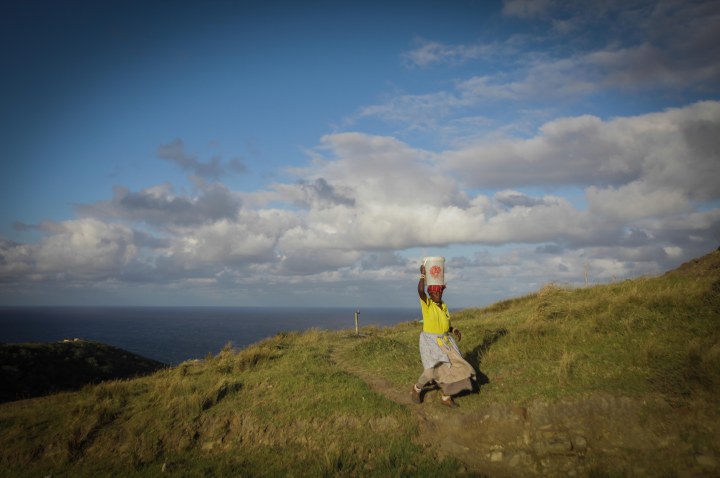WATER SYMPOSIUM
Government failure to manage scarce resources condemned

Water pollution in areas where local authorities discharged raw sewage into rivers and the failure by successive administrations to implement crucial sections of the National Water Act – 20 years down the line – were among crucial issues discussed at a water symposium organised by AgriSA in Somerset West on Monday.
The government’s ability to manage the nation’s water – a key ingredient for economic development – is declining. At a time when competition for water is increasing, the authorities, from municipalities to national government, are failing to manage this scarce resource effectively, and the economy is the loser.
These were some of the issues raised at a water symposium organised by AgriSA in Somerset West on Monday, where discussions ranged from water pollution that had become endemic in some areas where local authorities discharged raw sewage into rivers, to the failure by successive administrations to implement crucial sections of the National Water Act – 20 years down the line.
Wits professor Mike Muller, an engineer and a former director-general of Water Affairs and Forestry, spoke of the need for South Africa to be a “capable and developmental state”.
“The state needs to be a good manager, but the capability in South Africa to do this has been declining. Our ability to manage our water resources has declined… Government really has problems. Don’t underestimate those problems.”
South African agriculture had to operate in uncertain climates, both weather-wise and political. While there were some certainties about global climate change, such as an increase in temperature, Muller pointed out that there were many uncertainties about how climate change would play itself out on the ground at a regional level.
What was certain was that it would have consequences for water resources, and as a result agricultural production was likely to shift around the world, which would lead to changes in trade. Large areas of Russia, normally too cold for agriculture, could be opened up for farming. But the details were not known.
“We really don’t know yet, we can only say what might happen, not what will happen. Government should be taking the lead in this – but it is in your interest to help them to do it,” Muller said.
Muller and other speakers urged the Department of Water and Sanitation to implement the National Water Act, which successive administrations had failed to do. One of the most urgent matters was to set up the nine Catchment Management Agencies in South Africa spelled out in the legislation. This was meant to have been done in 1998, but to date only two of the nine had been established.
The purpose of these agencies is to delegate water management to a regional level, and to involve stakeholders and local communities in water management.
“We have a nice Water Act, but often don’t follow it. AgriSA needs to bang on the table,” Muller said.
Muller criticised Water Affairs for issuing water licences for coal mining in areas of Mpumalanga that were of high agricultural potential because of water resources.
“We can’t allow some of the best agricultural land in the country to be dug up… The National Development Plan says ‘don’t develop coal mines in high water resource areas’. Why, when we have a chance to drive in one direction, do we drive in another?”
Anil Singh, a deputy director-general in the Department of Water and Sanitation, conceded that the department had failed to set up the Catchment Management Agencies. One of the reasons, he said, was that the unions were opposed to the agencies.
“But the thinking now is that we need to finalise this.”
Singh highlighted declining water quality, and pointed to local government’s failure to deal with this.
“A critical question is how do municipalities deal with water quality and pollution, which is endemic in our country. This is the sixth administration of our democracy and we see a decline of services. It is a huge concern for government.”
Singh also conceded that the department was battling to finalise the water allocation reform policy, which agriculture had been pushing to have completed with no success.
Western Cape agriculture MEC Dr Ivan Meyer said Western Cape agriculture employed 16% of the labour force, of which 231,000 people we agricultural workers and 250,000 worked in agricultural processing.
In 2017 the Western Cape agriculture had generated R45-billion. Forty-five percent of South Africa’s agricultural exports came from the Western Cape.
Water and Sanitation lost billions of rand to corruption and mismanagement when Nomvula Mokonyane was minister. She left the department in a shambles. At the time the Auditor-General said Water and Sanitation had the worst record of fruitless and wasteful expenditure of any department.
Muller told delegates: “Are we at the end of the road, or beginning a new chapter? It’s probably about half and half. In the end, it’s your decision.” DM


















 Become an Insider
Become an Insider